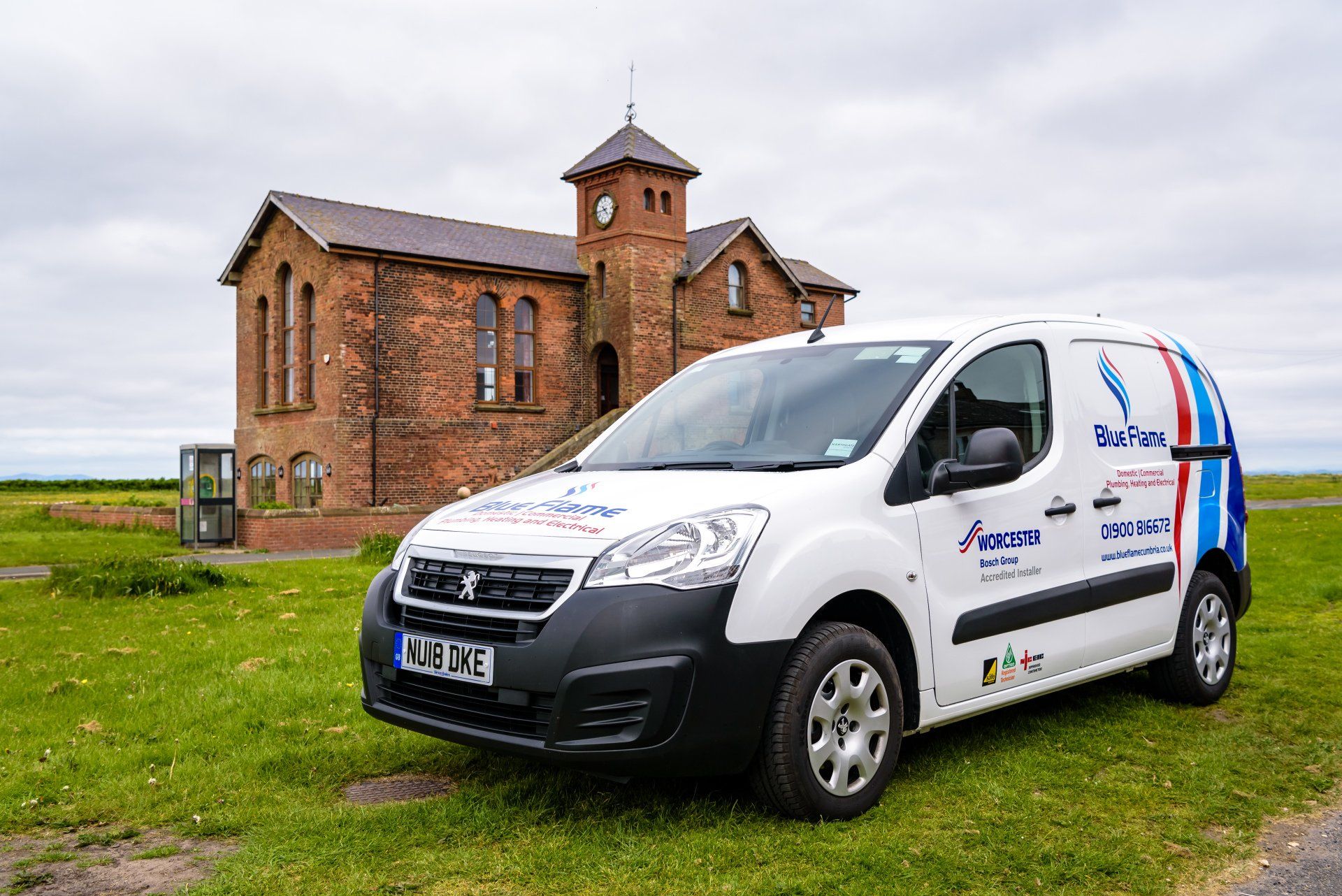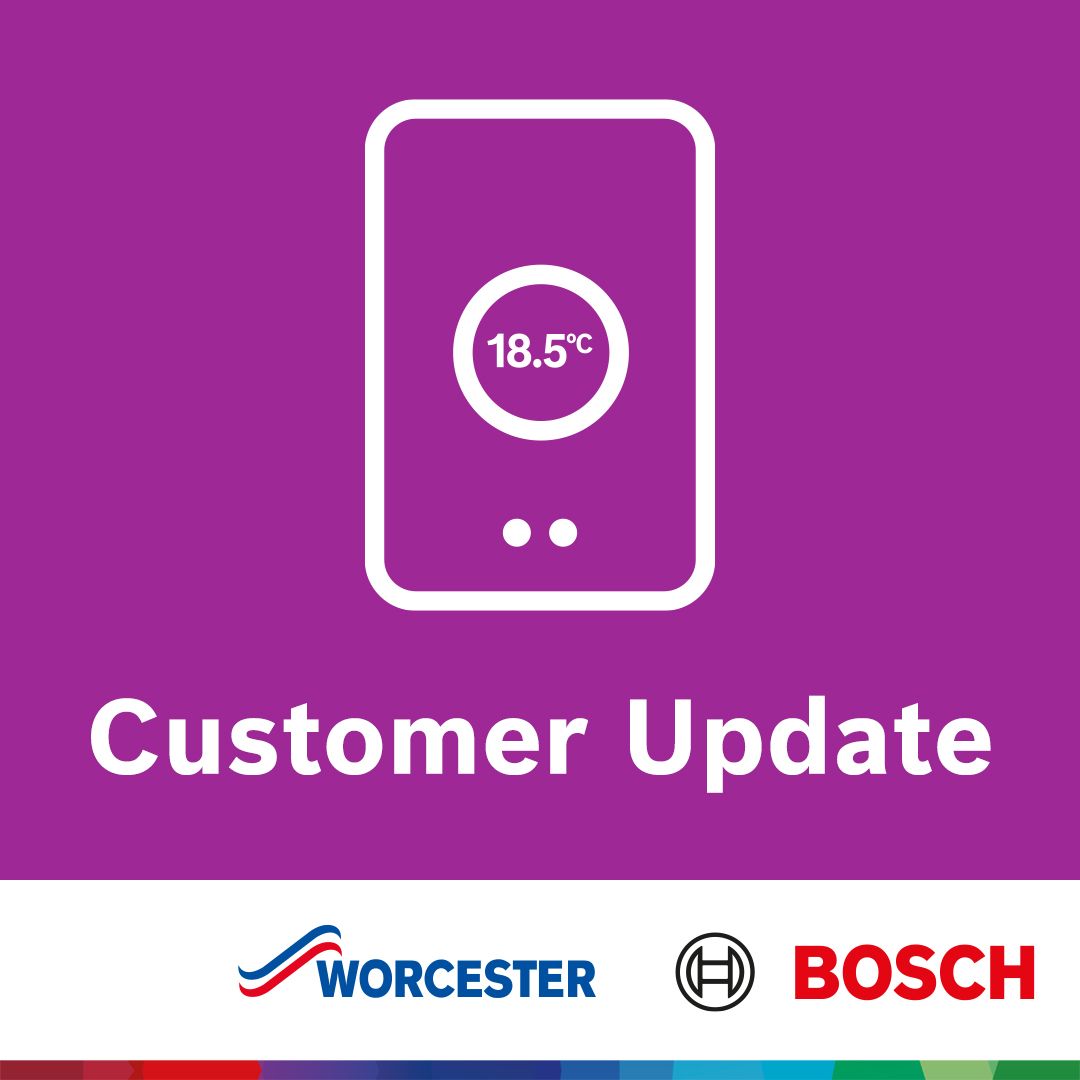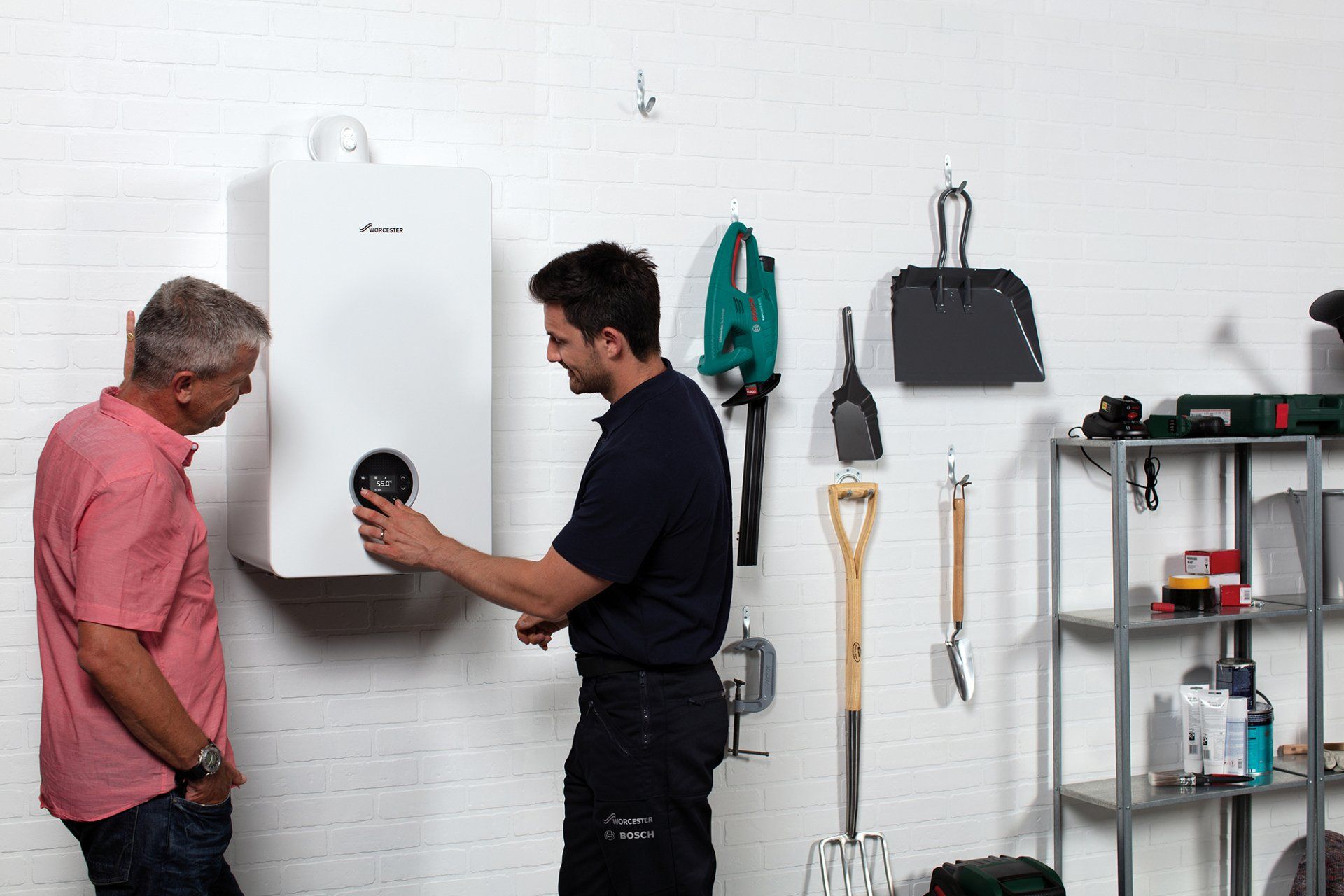
The signs you need a new boiler are not always clear, but you can bet it is frustrating when you find out your boiler does need replacing. Unless your heating has cut out or the water has run cold mid-morning shower, spotting the signs you need a new boiler is easy if you know what you're looking for, below are the 6 signs you need a new boiler.
Bills, bills, bills, rising energy bills:
If your energy bills increased without any reason, it could be that your current heating system is losing efficiency due to being an older boiler. The older a boiler is, the less efficient it becomes. Your boiler should have a label displaying the efficiency rating of the boiler, making it easy to find out your boiler rating. The rating system is graded A-Rated (90%) efficiency to G-Rated (70%) efficiency, so if you upgraded from G to A, you could be in for a saving of a few hundred pounds a year.
Radiators
Your radiators should heat up relatively quickly.If they don't, that could be a sign that you need a new boiler. If it is the case, your boiler will be working to capacity to heat up lukewarm radiators; resulting in wasted energy and wasted money. Contacting a heating engineer to service your boiler might be a good idea.
Leaky Boiler
Nobody likes a leak, but if there is a puddle of water near or around your boiler, then it needs to be fixed quickly. A leak could be a sign that your boiler has internal faulty parts. Whatever the cause, a leak can cause damage to your property and become a costly incident. If you discover a leak, contact a Gas Safety registered heating engineer to assess your boiler.
Noisy Boiler
If your boiler sounds more like your neighbour playing the drums or as if it was a washing machine with a brick on a slow cycle rather than an actual boiler, switch it off and call a heating engineer. Boilers are supposed to make a noise when you turn them on, but they are supposed to then level off into a quiet hum not dissimilar to a fridge. So, if your boiler is making an unusual noise, it might not be one of the signs you need a new boiler but a sign you should contact a registered Gas Safety heating engineer.
Smelly Boiler
A healthy boiler shouldn't have an odour. If it does have a smell, it could indicate a carbon monoxide leak which, although naturally odourless, can cause a boiler to smell because the leaking CO is preventing the boiler from burning properly. Carbon Monoxide is extremely dangerous and in the event of a CO leak you should vacate the premises and contact the emergency gas line on 0800 111 999.
Old Boiler
The most obvious signs that you need a new boiler are the ones you've been living with for a while. The water takes longer than it used to heat up or the pressure is always dropping, your bills are not getting any cheaper, and the last time you replaced your current boiler, your soon-to-be a teenager was still wearing nappies. If your current heating system is 10 years old or more, you could get more boiler for your money with a boiler upgrade. The more energy-efficient your boiler is, the more money you're going to save on your energy bills.
There you have it, six signs you need a new boiler and if you're not scrambling to find a Gas Safety registered engineer; then your boiler might not need replacing. It could still worth get it serviced, though. Should you be interested in receiving a free quotation for your new energy efficient boiler , click the link below and get your quotation within 30 seconds.
Get new boiler quote here.

The signs you need a new boiler are not always clear, but you can bet it is frustrating when you find out your boiler does need replacing. Unless your heating has cut out or the water has run cold mid-morning shower, spotting the signs you need a new boiler is easy if you know what you're looking for, below are the 6 signs you need a new boiler.
Bills, bills, bills, rising energy bills:
If your energy bills increased without any reason, it could be that your current heating system is losing efficiency due to being an older boiler. The older a boiler is, the less efficient it becomes. Your boiler should have a label displaying the efficiency rating of the boiler, making it easy to find out your boiler rating. The rating system is graded A-Rated (90%) efficiency to G-Rated (70%) efficiency, so if you upgraded from G to A, you could be in for a saving of a few hundred pounds a year.
Radiators
Your radiators should heat up relatively quickly.If they don't, that could be a sign that you need a new boiler. If it is the case, your boiler will be working to capacity to heat up lukewarm radiators; resulting in wasted energy and wasted money. Contacting a heating engineer to service your boiler might be a good idea.
Leaky Boiler
Nobody likes a leak, but if there is a puddle of water near or around your boiler, then it needs to be fixed quickly. A leak could be a sign that your boiler has internal faulty parts. Whatever the cause, a leak can cause damage to your property and become a costly incident. If you discover a leak, contact a Gas Safety registered heating engineer to assess your boiler.
Noisy Boiler
If your boiler sounds more like your neighbour playing the drums or as if it was a washing machine with a brick on a slow cycle rather than an actual boiler, switch it off and call a heating engineer. Boilers are supposed to make a noise when you turn them on, but they are supposed to then level off into a quiet hum not dissimilar to a fridge. So, if your boiler is making an unusual noise, it might not be one of the signs you need a new boiler but a sign you should contact a registered Gas Safety heating engineer.
Smelly Boiler
A healthy boiler shouldn't have an odour. If it does have a smell, it could indicate a carbon monoxide leak which, although naturally odourless, can cause a boiler to smell because the leaking CO is preventing the boiler from burning properly. Carbon Monoxide is extremely dangerous and in the event of a CO leak you should vacate the premises and contact the emergency gas line on 0800 111 999.
Old Boiler
The most obvious signs that you need a new boiler are the ones you've been living with for a while. The water takes longer than it used to heat up or the pressure is always dropping, your bills are not getting any cheaper, and the last time you replaced your current boiler, your soon-to-be a teenager was still wearing nappies. If your current heating system is 10 years old or more, you could get more boiler for your money with a boiler upgrade. The more energy-efficient your boiler is, the more money you're going to save on your energy bills.
There you have it, six signs you need a new boiler and if you're not scrambling to find a Gas Safety registered engineer; then your boiler might not need replacing. It could still worth get it serviced, though. Should you be interested in receiving a free quotation for your new energy efficient boiler , click the link below and get your quotation within 30 seconds.
Get new boiler quote here.
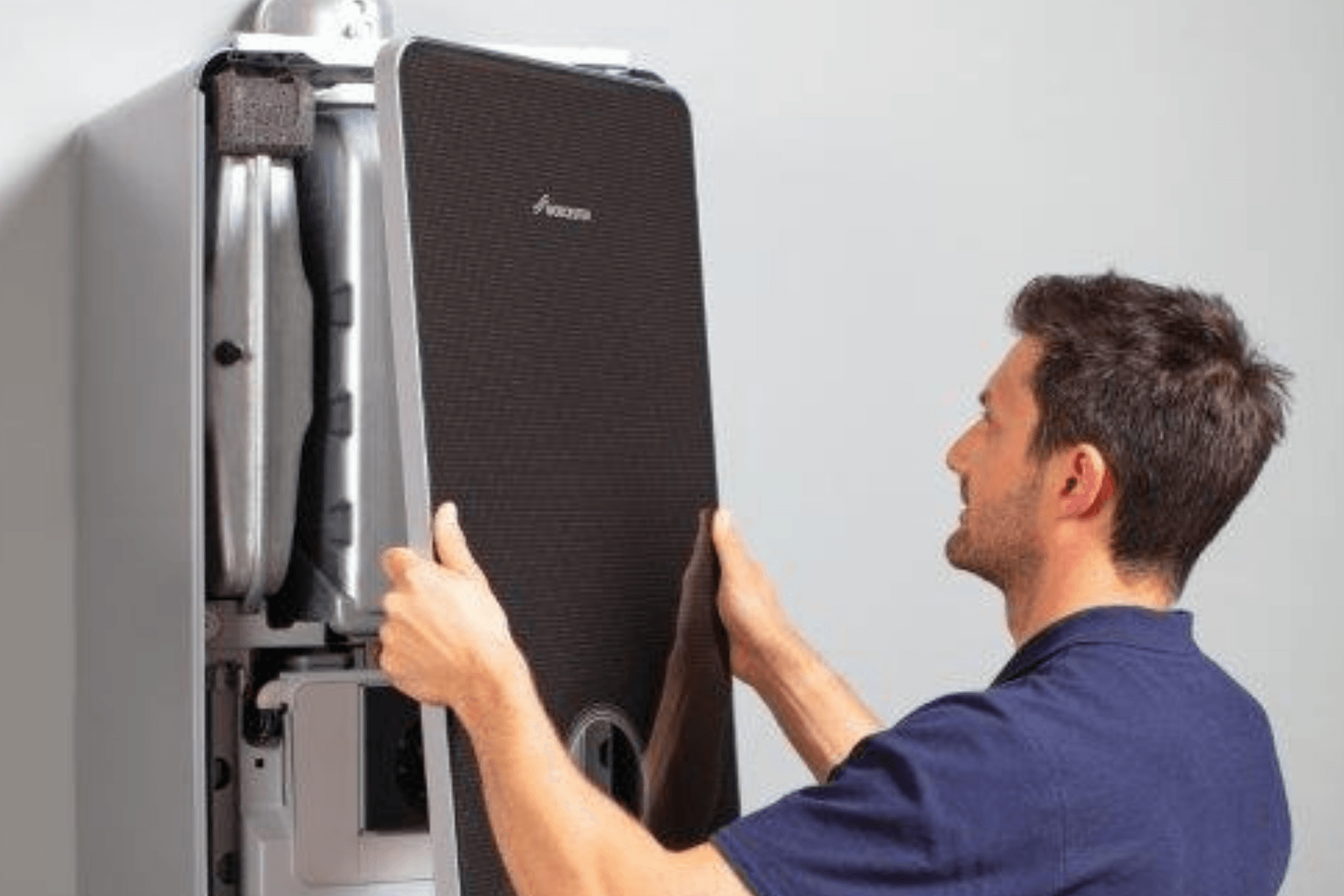
Cost of a new boiler
You've seen the signs that you need a new boiler, you have started to research the different types of heating systems available, and you need to know how much does a new boiler cost because your budget might dictate your heating set-up.
How much does a new boiler cost?
Depending on your requirements, a boiler replacement or upgrade could cost anywhere between £1500 and £3000. It sounds like a lot of money because it is, but it is money worth paying because a new boiler will be more energy-efficient and cost-effective in the long term. It means no more low-pressure moments, cold running taps during a shower, wasted energy and higher bills. Added to that, the cost of a new boiler will include a long term warranty and options on maintenance cover.
Upfront payment
If you're in a position to pay the cost of a new boiler upfront, it takes away having to apply for finance; so you can get straight into the fun bit of choosing the right boiler. It also gives you the option of choosing your preferred heating engineer to install your replacement heating system.
Boilers on finance
If you're looking at boilers on finance, there is a range of
finance deals available to the cover the cost of a new heating system, the
terms and conditions may vary depending on the company, with some companies
specialising in offering boilers on finance. On average you can expect monthly
repayments to be between £12 and £30. If you are interested to know more about finance, then please click here
Boiler with bad credit
You might have a less than perfect credit score and think that your options for boilers on finance are limited, but it's not the case. Plenty of companies will still discuss boilers on finance, with some companies specialising in clients with bad or poor credit rating. These companies tend to cover a limited range of boilers, usually exclusively combi-boilers.
Finance might not be your only option, depending on your circumstances you could be eligible for a boiler grant.
Green Homes Grant
If you own your home, you could be eligible for the government Green Homes Grant. That means you could get up to a £5000 energy-saving grant to upgrade your boiler to a low-carbon emissions one, taking away the majority, if not all, of the cost of upgrading your heating systems.
So now you know what your options are and the cost of a new boiler, but if you want to ask any questions, feel free to contact Blue Flame Services Ltdfor a chat.
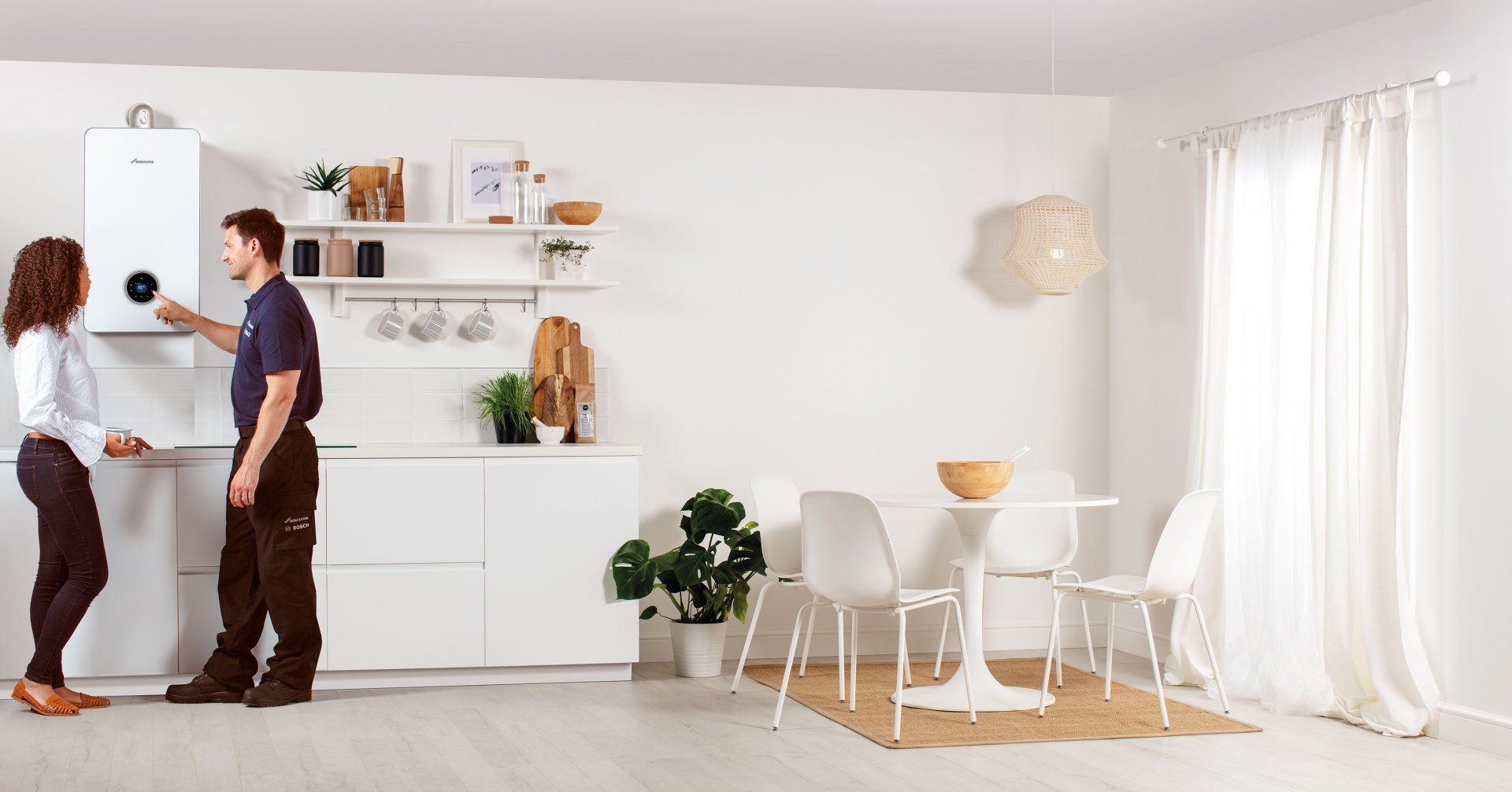
Step 1 - Preparation
- A radiator key to open the bleeding valves of your radiators (you can buy one in a hardware store)
- A bucket to catch dripping water
- A cloth to wipe up water - just in case
Make sure your heating is turned off. This will stop your circulation pump from operating and moving heating water and air through your pipes. All thermostat valves need to be open.
Step 3 - Wait for your radiators to cool down
After switching off your heating, wait approximately one hour to ensure that all radiators are cold. This prevents you from getting burned in case hot water or steam leaks during the bleeding process.
Step 4 - Place the radiator key in the radiator valve
The valve is usually at the upper side of the radiator. It looks like a small, round hole with a little square inside. Hold the cloth against the wall to protect it from potential spraying water. Place the bucket directly underneath the valve.
Step 5 - Open the valve carefully
Slowly turn the radiator key anti-clockwise. A quarter to half a turn should be sufficient. You will hear a hissing noise as soon as air drops out of the radiator. Be careful not to open the valve more than suggested. This will limit the amount of water leaking from the radiator.
Step 6 - Close the radiator valve
Let some of the heating water run out before you turn the radiator key clockwise to close the valve. Don't close the valve too tight, otherwise you might damage it.
Step 7 - Turn on your heating system
Before you switch your heating back on, be sure to check the water pressure of the system by looking at the pressure gauge or digital display on the boiler - you may get an F22 fault code (please refer to the operating instructions for guidance if you are unsure). The boiler should read between 1 to 1.5 bar of pressure when the central heating is cold. If the pressure is too low, you need to refill the heating water. Finally, check if all radiators are warming up evenly.

Don't leave it to late, check your boiler
- It is normal to have your central heating off over the warmer months, and have your boiler switched to just the hot water mode to help reduce your energy bills. However, it is important to turn your heating back on early and check that everything is working efficiently. A good way to test your boiler and heating system is to run your boiler and radiators at the highest temperature for around 15 minutes and make sure your boiler runs smoothly with no problems. Running this check, can help you identify any problems before you need your boiler the most.
-
It’s normal for air to build up in your heating system over time, causing gurgling sounds, or the tops of your radiators feeling colder than you would expect. If this happens, you will need to bleed your radiators to make sure your heating is working at full efficiency and keeping your house warm throughout winter. After bleeding your radiators check your boiler pressure.
- Your boiler pressure is usually indicated on the boiler by a dial. The optimum boiler pressure is between 1 and 1.5 when the system is cool. If your boiler has lost pressure, this is something you can quickly resolve yourself. Please refer to your boiler user manual.
- Frozen condensate is one of the most common winter problems with modern boilers. If part of your condensate pipework is outside, then in very cold weather it may freeze. This could cause your boiler to stop working. You might hear a gurgling noise coming from the boiler and if your boiler has a digital display, you might see an ‘EA’ error code too. There’s no need to worry if your condensate pipe freezes. You can usually thaw it safely without the need to call an installer or plumber. During the winter months, standing water in your pipework can freeze. This can in turn cause your boiler to stop working. Insulating your pipework or keeping your heating on at a constant low temperature can help to prevent this from happening. Use the months ahead of winter to ensure your pipework is insulated and prevent unwanted frost from forming later in the year. Should the water in your pipework freeze during the winter months, you can defrost them simply by pouring over warm water or applying a gentle source of heat such as a hairdryer.
- Getting your boiler serviced before the extreme weather arrives is advisable to make sure your boiler is in optimum working condition. This will reduce the risk of you encountering any surprise problems during the winter months.
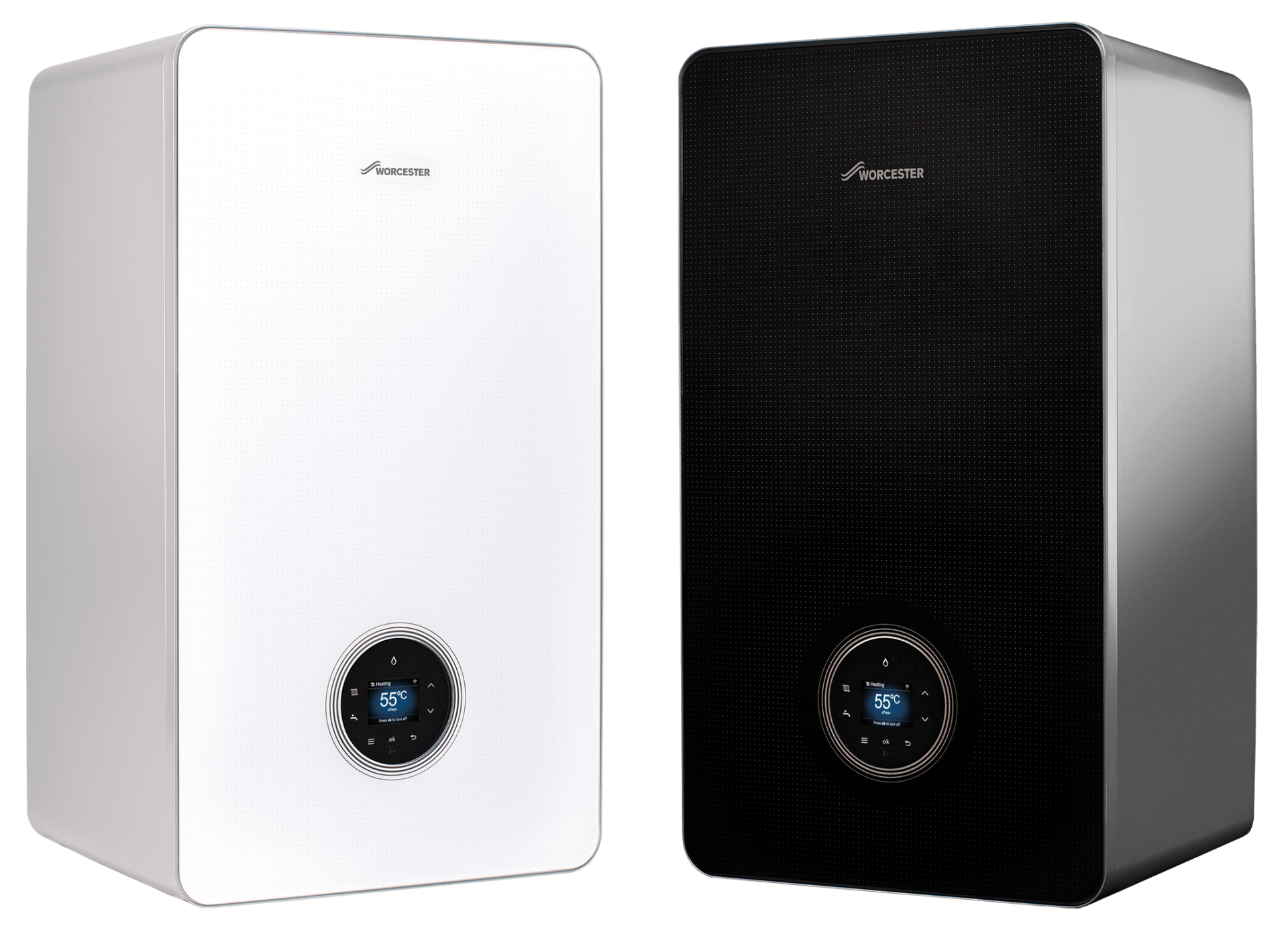
- Safety - Every year in the UK 50 people die from carbon monoxide poisoning as a result of broken and damaged gas appliances and boilers. (Top tip – for peace of mind keep a carbon monoxide alarm in the room your boiler is kept)
- Save Money - Regular servicing of your boiler can help to improve efficiency, reliability and reduce heating bills.
- Warranties - Many boiler warranties and guarantees require the boiler to receive an annual service, failure to do this can void your warranty or guarantee.
- Save money on repairs - By having your boiler serviced regularly and maintaining it correctly you can save money in the long run as repair costs associated with boilers that aren’t serviced tend to be much higher than maintenance costs for those that are.
- Law for Landlords - It is a legal requirement for Landlords to have boilers in commercial and rented properties serviced annually a CP12 Inspection Certificate must be issued. With our Landlord cover plan we’re able to provide you with a CP12 at your Earliest convenience.




